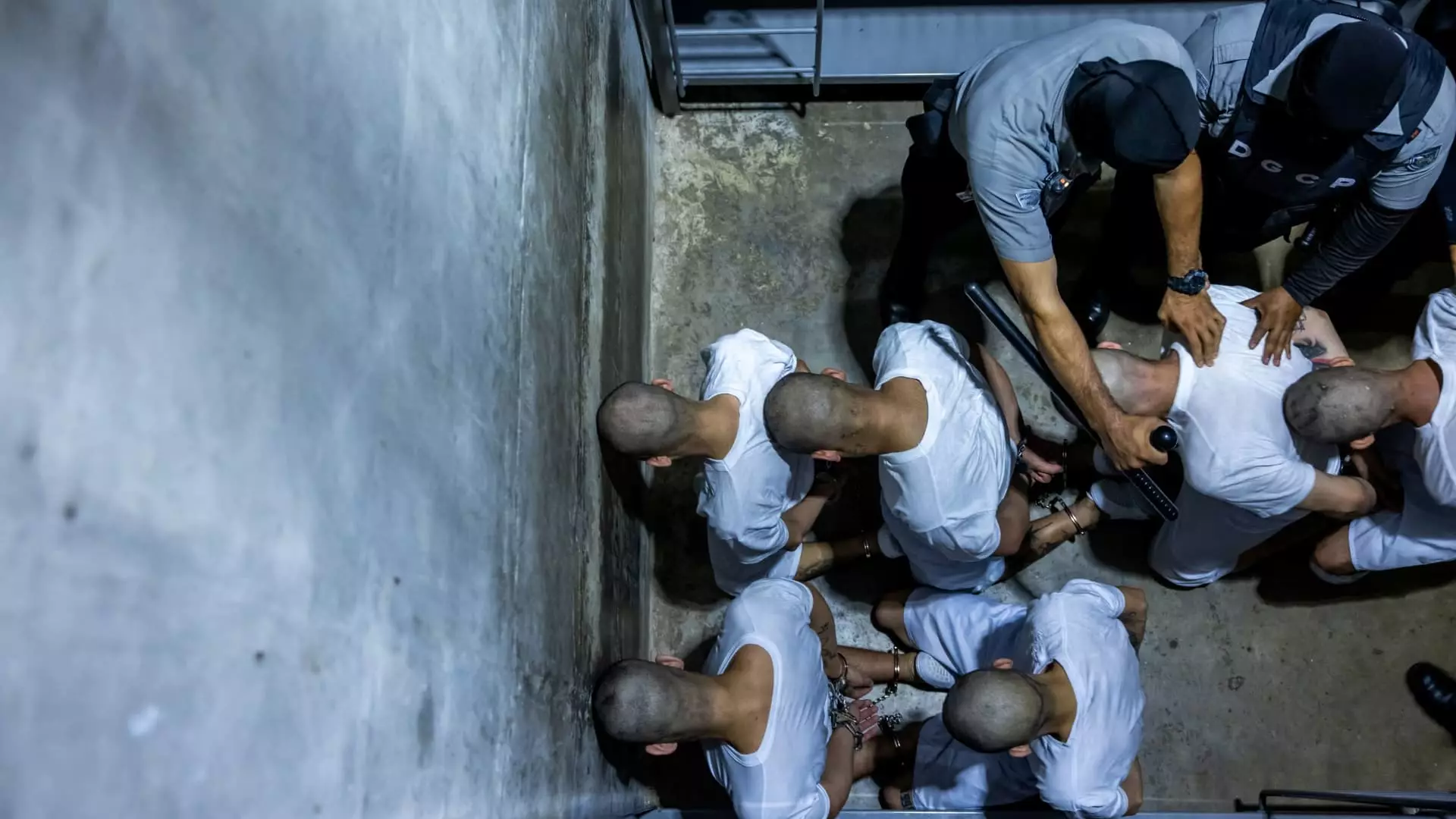The recent events surrounding Kilmar Abrego Garcia, a Maryland man who was mistakenly deported to a notorious prison in El Salvador, highlight alarming deficiencies in our legal and immigration systems. Chief Justice John Roberts’ temporary pause on an impending deadline for Garcia’s return reveals a landscape where judicial overreach and executive power collide, revealing a disturbing trend where individuals are treated as pawns in a complex game of power politics. This case raises unsettling questions about the integrity of our legal institutions and the consequences of administrative blunders that leave people stranded in unclear legal labyrinths.
Judicial Authority Undermined by Executive Actions
At the heart of this ordeal lies a striking contradiction: a U.S. District Judge ruled that Garcia should not be deported due to credible fears of gang persecution in his home country, but the Trump administration hastily upended this decision, dismissing it as an “administrative error.” It’s disturbingly ironic that the administration concedes to the notion of wrongful deportation yet fails to take corrective action, leaving Garcia at the mercy of a foreign judicial system. This raises essential concerns about the limits of executive authority and its unsettling tendency to prioritize agenda over established legal principles.
The alarming accusation that the Justice Department’s appeal casts judicial injunctions as a “deluge of unlawful orders,” suggests that the judiciary is becoming an obstacle rather than a guardian of justice in the eyes of powerful political entities. The Justice Department’s representation, denouncing the district court’s judgment, adds fuel to the fire of political polarization, treating the legal framework as a battleground in the broader war against the judicial branch. By rejecting the authority of the courts, the implication is clear: when executive will meets judicial checks, democracy itself hangs in the balance.
The Price of Misclassification
The administration’s characterization of Garcia as an MS-13 gang member, based on “vague, uncorroborated” allegations, also demands scrutiny. With no evidence tying him to a criminal background, the stigma attached to such misclassifications can irrevocably affect not only an individual’s life but also public perception and policy. To label immigrants as criminals without substantiation undermines the very fabric of justice, which is predicated on the principle of innocent until proven guilty.
Garcia is a man with a compelling story—an aspiring sheet metal apprentice with a work permit, a family man tied to the community through his U.S. citizen wife. The injustices he faces serve as a microcosm for the challenges countless immigrants endure under the current administration. The case encapsulates a pattern of prioritizing swift actions over lawful processes, an approach that poses potential harm not only to the individuals directly involved but to the broader societal trust in our governmental institutions.
The Struggle for Justice
As if to further highlight the systemic failings, the abrupt termination of the Justice Department lawyer who acknowledged the erroneous deportation serves as a reminder of the severe consequences of speaking the truth in a politically charged climate. This act of silencing dissent reflects an environment where career repercussions loom over integrity and honesty. The chilling effect this has on those in the justice system inhibits the pursuit of truth and the need for accountability, urging an examination of the consequences for those who dare to challenge institutional narratives.
Moreover, even the higher courts appear to be caught in a chaotic whirl, as they struggle to navigate a uniquely hostile political atmosphere. The court’s role should inherently be one of oversight. However, the increasing reluctance to intervene in matters of executive deportation policies hints at a troubling normalization of executive overreach within this administration. The balance of power and the sanctity of individual rights must not be compromised for expedient political goals.
Garcia’s situation is not merely an isolated incident; it reflects broader systemic issues that must be addressed to restore faith in American democracy. An awakening is necessary, one that insists on transparency and accountability—core tenets of the legal system that seem to be in peril. The resonance of this case extends beyond Garcia’s story; it calls into question how we treat those who seek refuge and opportunity, bringing to light the need for a liberal approach that prioritizes justice, compassion, and humanity in immigration policy.

